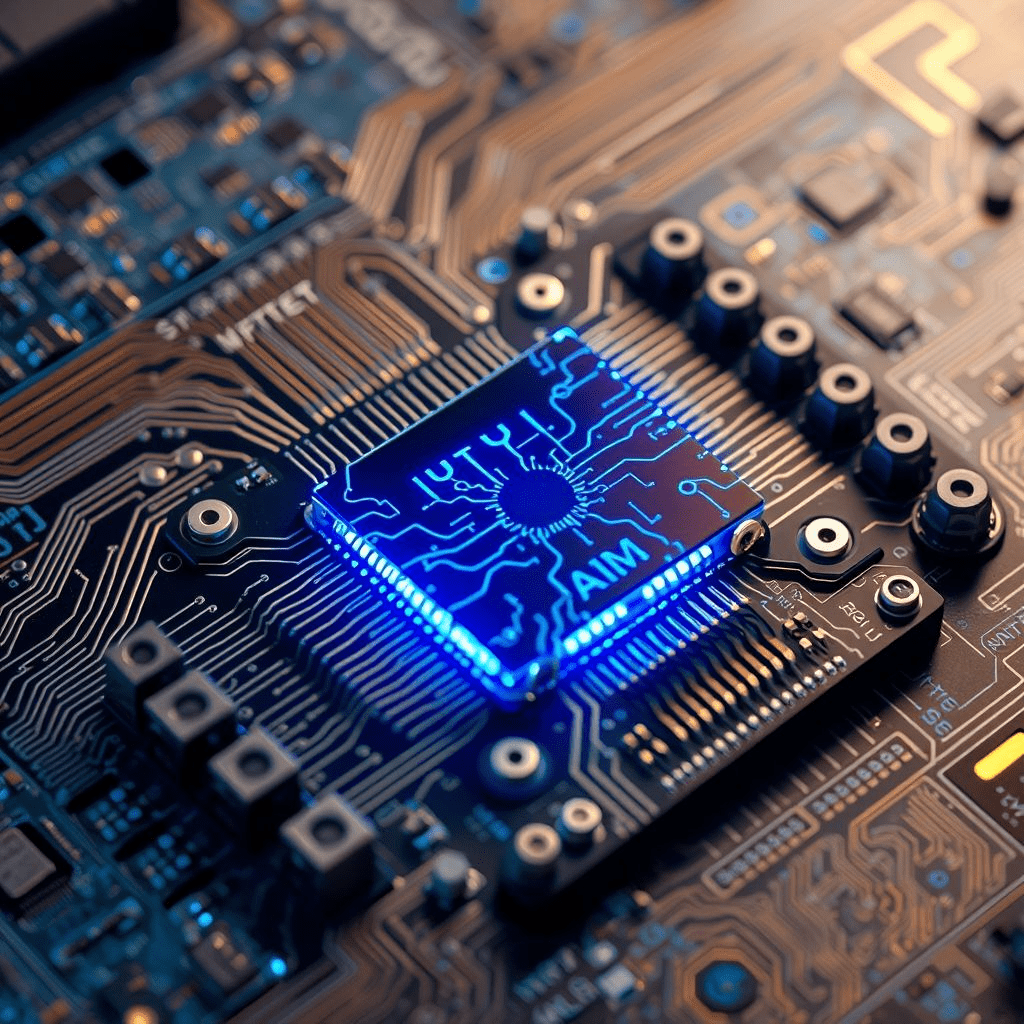Introduction
AMD announced its latest AI Ryzen Z3 processor, designed to enhance machine learning (ML) tasks and edge computing. The chipset promises a 40% increase in performance efficiency over previous models, setting a new standard for AI-powered devices.
Specifications and Features
The Ryzen Z3 is built on AMD’s 4nm Zen 5 architecture, integrating an AI engine capable of handling 50 TOPS (trillion operations per second). Key features include:
- Adaptive ML processing
- Low-power consumption for mobile and IoT devices
- Advanced neural processing units (NPUs) for real-time decision-making
- Enhanced security via hardware-level encryption
Industry Reactions
Tech analyst Sarah Greene stated, “The AI Ryzen Z3 bridges a crucial gap between AI innovation and practical implementation in everyday devices.”
Applications and Use Cases
The AI Ryzen Z3 will debut in high-end laptops, robotics, and automotive systems by Q4 2025. Industries are eyeing this chip for improved AI-based diagnostics, autonomous operations, and immersive gaming experiences.
Competitive Edge
Compared to its Intel counterparts, the AI Ryzen Z3 boasts superior energy efficiency and faster ML task execution. However, AMD faces stiff competition from NVIDIA in the AI-dedicated processor market.
Future Impact
Experts believe this chipset could accelerate adoption of AI-driven functionalities in affordable consumer devices. AMD’s partnerships with Lenovo and Dell signal robust integration plans.
Conclusion & Call to Action
The AI Ryzen Z3 chipset heralds a transformative era for edge computing. Developers and manufacturers are encouraged to adopt this innovative processor for competitive AI solutions.







